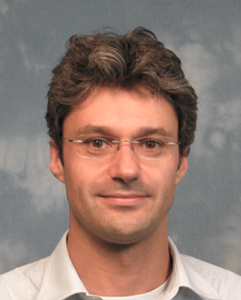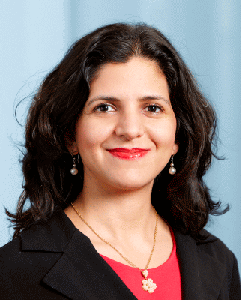Local Infrastructure Planning will integrate the urban energy system and integrated energy infrastructure in the urban twin models. Special focus will be on the waste-water-energy nexus, the integration of renewable energy resources with energy storage and management. A specific task of Local Infrastructure Planning will be the integration of the future data centers at different scales as elements of the future energy system infrastructure.
The multidisciplinary collaboration will allow the consortium to derive methods for coupling modeling of the integrated urban water cycle and urban heat island mitigation dimensions with the energy and mobility dimensions with a focus on integration by means of ML models. Critical to this coupling is the role that multi-scalar nature-based solutions and grey infrastructures will play and the incorporation of private and public actor behaviors (i.e., choices, preferences and resources). Stochastic modeling methodologies will be developed to model demand and resources applying advanced simulation tools to generate normal and extreme scenarios.
The urban twin will model local communities as interacting elements of the energy system at the country (and inter-country) levels and derive different future scenarios. The performed modeling can assess the adequacy of the Swiss energy system, its security of supply as well as the resulting wholesale prices (expressed in form of hourly resolution time series) of the considered energy carriers (electricity, natural/bio/synthetic gas, hydrogen). Using the reverse calculation properties of the urban twin, the urban twin will also provide necessary feedback loops to other activities (in Local Infrastructure Planning and Modeling the Joint Management of Energy and Water).
Tasks include:
- Investigate the renewable energy potentials at the levels of local communities, in particular from water, waste-water (heat), solar and wind
- Develop models of renewable energy hubs integrating the local potentials,the energy infrastructure for the distribution and transmission multi-energy grids, and aspects of security of supply for the optimal planning and operation.
- Investigate water management and planning including potential alternative sources and uses of water (e.g., rainwater, greywater) for urban heat island management and environmental improvement and water quality in conjunction with the energy aspects,
- Enable the simulation of stakeholder-relevant scenarios and change pathways for mobility and urban transformation such that they can synergise with methods developed in Socio-Economic and Environmental Aspects and, subsequently, Policies Assessment.
- Integrate the data centers, mobility and circularity as additional dimensions to the development of the urban infrastructures
- Develop predictive models for water, waste-water, based on advanced monitoring techniques combined with AI methods such as deep and self-learning.
- Develop recommendations on the appropriate energy market structure (rules/processes).
Research Partners

François Maréchal
Industrial Process and Energy Systems Engineering
Multi-energy systems

Michael Lehning

Fabio Nobile

Maryam Kamgarpour
EPFL - SYCAMORE


Corentin Fivet
Publications
| Learning to Bid in Forward Electricity Markets Using a No-Regret Algorithm | |||
| Arega Getaneh Abate (TUD), Dorsa Majdi (Sharif), Jalal Kazempour (TUD), Maryam Kamgampour (EPFL) | |||
| April 2024 | Power Systems Computation Conference 2024 | ||